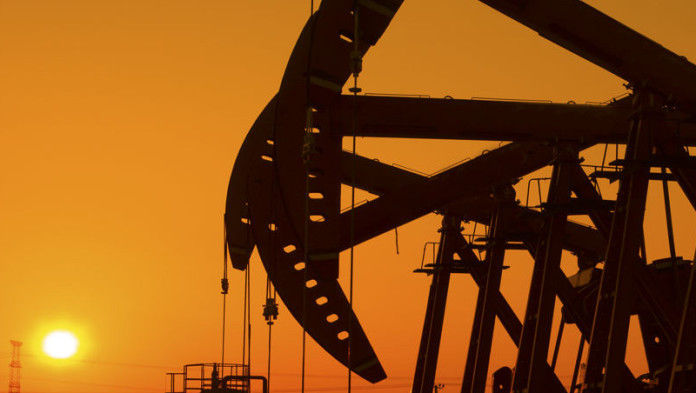
SASOL’S problems intensified today after its share price sank to its lowest level in more than seven years following plummeting oil prices, down 30% at one point, and sending the world’s markets into a tailspin.
Shares in Sasol were 45% weaker – eclipsing its declines during the 2009 financial and economic crisis – and valuing the company at just under R55bn. Share losses for the year are nigh on 79%. The petrochemical group was last trading at these levels in 2003.
Oil prices were on track for their biggest one-day drop since the 1991 Gulf war after Saudi Arabia embarked on an aggressive price war, said the Financial Times. The country’s threat to increase oil supplies threatens to swamp the crude market at a time when the COVID-19 outbreak hits demand, it said.
Oil prices fell as much as 30% but later Brent pared losses slightly to be down 25.8% at $33.60 a barrel, while the sell-off for West Texas Intermediate sharpened to a fall of 27.3% to $30.00 a barrel.
Sasol has had a disastrous start to 2020. Last week, credit ratings agencies Moody’s and S&P cut their ratings for Sasol. In the case of Moody’s, it lowered Sasol’s long-term rating to Ba1, the first non-investment grade level, saying the cost overruns of its Lake Charles Chemical Project (LCCP) had burdened the company with high financial leverage.
Sasol is due to hold a conference call tomorrow (March 10) in order to address credit ratings companies’ concerns about the company. Its CEO, Fleetwood Grober, said in a statement last week that the company recognised “… the challenges presented by the current market environment”.
Moody’s said the pace of Sasol’s ability to deleverage the balance sheet was “… vulnerable to event risks and challenging market conditions globally and domestically”. This was demonstrated by downward revisions of LCCP’s pretax earnings and that R138bn in debt stock would not be ameliorated sufficiently by cash flows.
Said Grobler: “We remain focused on managing the factors within our control – delivering safe, strong and stable operational performance and projecting the balance sheet as we bring the Lake Charles Chemical Project to completion and start deleveraging”.











